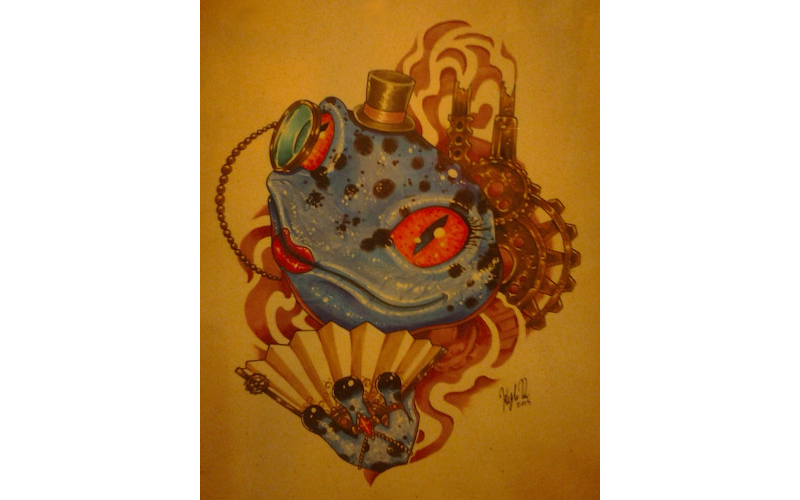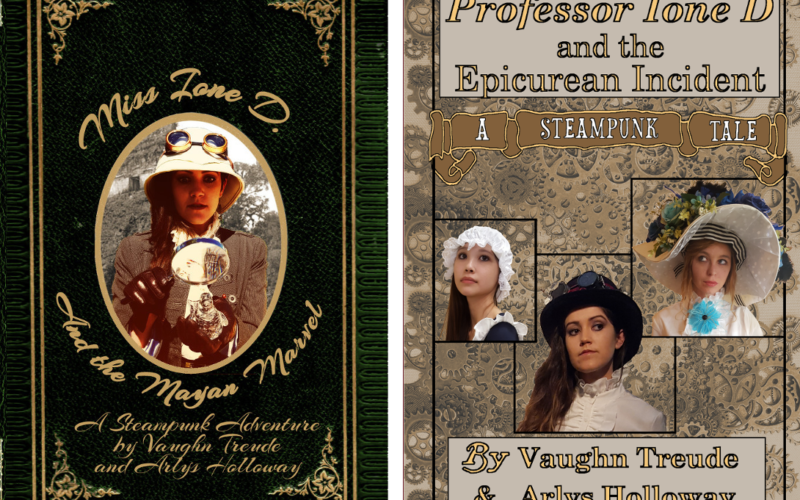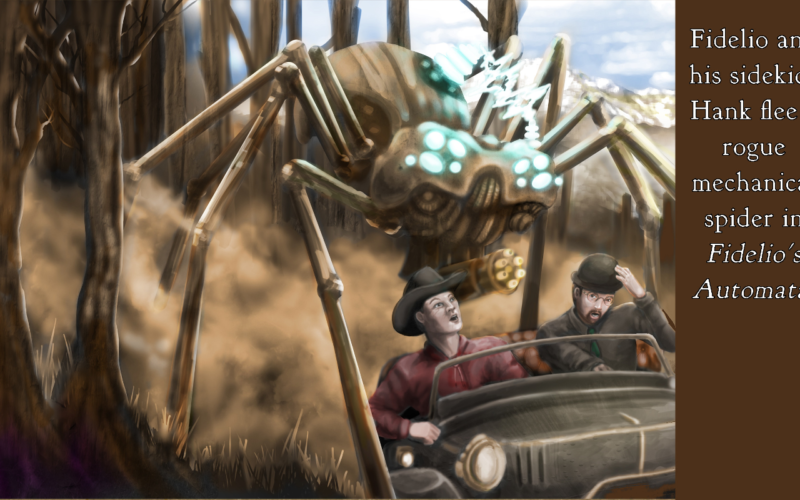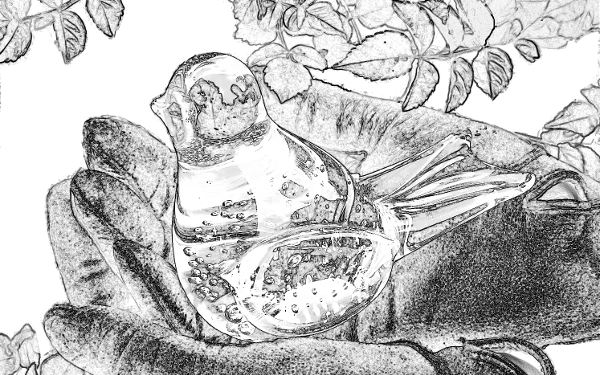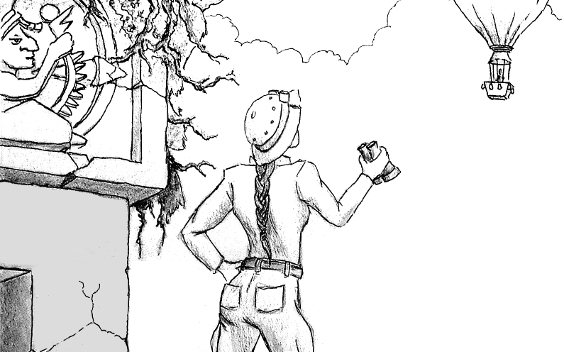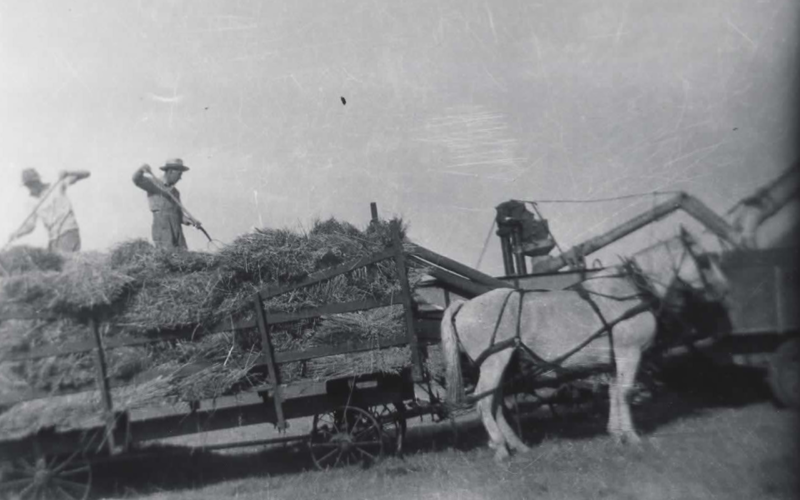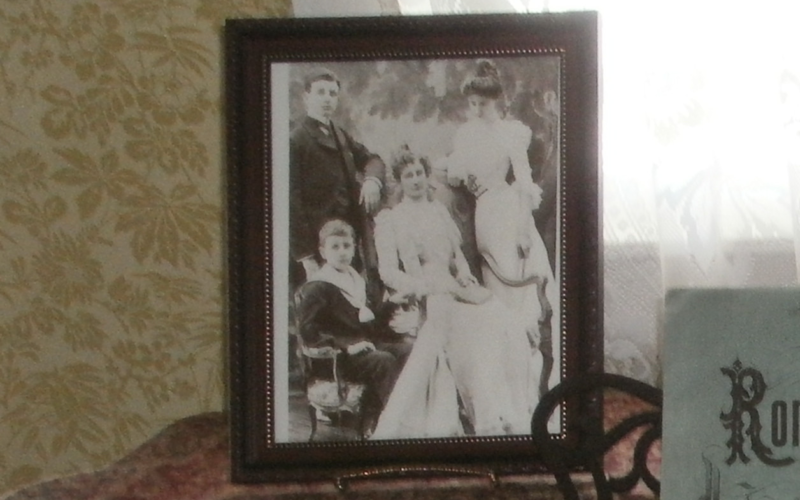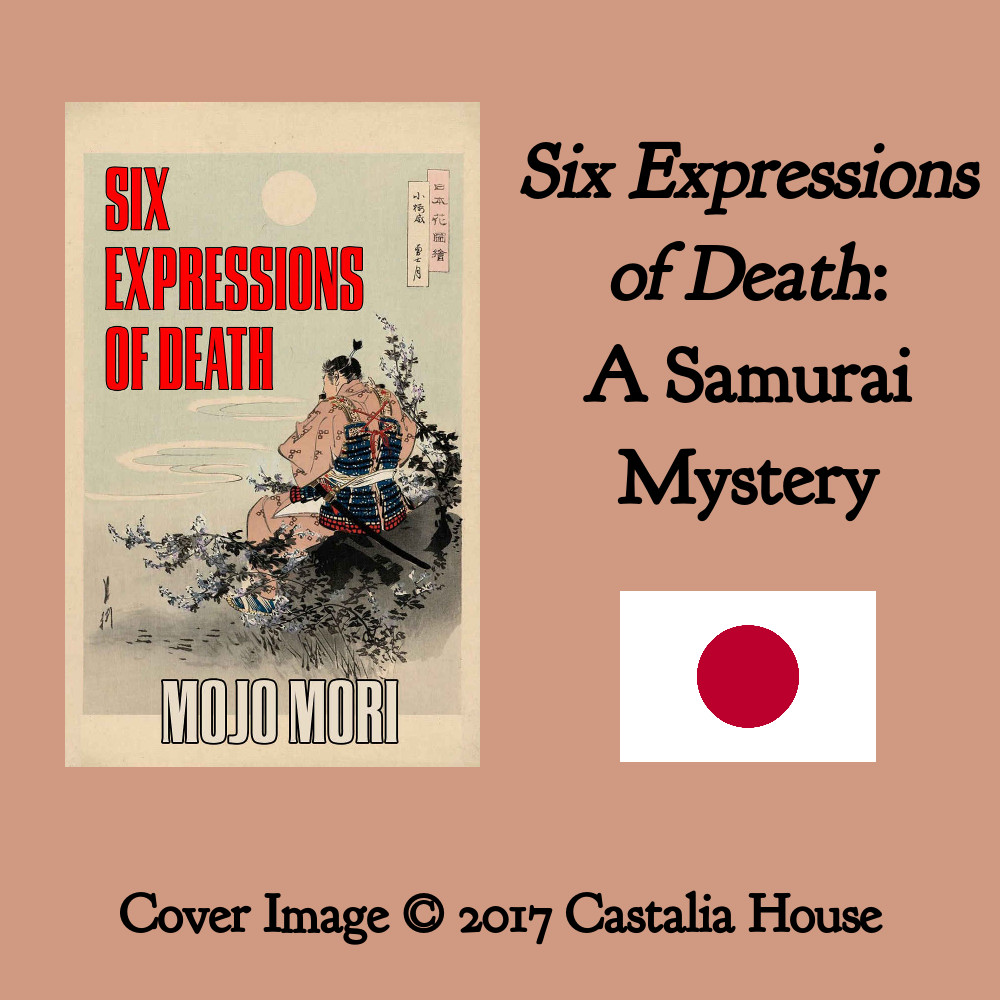
I love historical fiction, and one of the most fascinating settings for that genre is feudal Japan. The culture was quite alien to that of modern America, yet there were shared values like honor, bravery, and chivalry. Mojo Mori’s Six Expressions of Death is a murder mystery set in this era. Though I’ve never been to Japan (someday I will go there) I’ve read enough about that country and its history to say that this book seems authentic.
It begins with a messenger on a mission to deliver an urgent message to his lord. Three highway bandits ambush and kill him. The next day Daikawa Tadashi, the area’s only samurai is called to investigate. The circumstances of the murder are suspicious. The man was killed with an arquebus (an early type of long gun), a rare weapon which few have the knowledge to use effectively.
Tadashi visits the murder scene and questions the headman and innkeeper from the nearest village. It’s apparent that the messenger was on a secret mission, but what was it, and why was he killed? The following day, Tadashi attends military training with his fellow samurai, as ordered by their feudal lord. One of the others tells him of an important visitor who never arrived. As they go to a private place to talk, an unseen gunman shoots and kills the other samurai before he can tell his information. Upon visiting the victim’s house, Tadashi and his comrades discover that the man’s entire family has been slaughtered.
At this point, Tadashi decides the villagers he questioned are the guilty parties and sure enough, both men have disappeared. This seemed a bit straightforward for a mystery; I thought that Tadashi should have had more difficulty coming to this conclusion. It turned out the story had surprises from other directions. We discover the missing suspects are not ordinary criminals, but ruthless ninjas. These assassins are no doubt working on behalf of someone, but who? There are fierce rivalries between the local lord and the neighboring daimyos, so the fate of the entire province rests on finding the answers.
Six Expressions of Death is not a long book, which is fortunate, because I found it difficult to put down. It has suspense, sword battles, Japanese poetry, and a star-crossed romance. Tadashi loves Akiko, a shirabyoshi (an entertainer similar to a geisha) but agonizes over marrying her because of her lower social standing I also enjoyed the buddy comedy and trash-talk between the protagonist and his best friend, the sake-loving Tozo. Some aspects of the plot are perhaps a bit predictable, but I can forgive them in this thoroughly enjoyable tale. The title, by the way, derives from folklore which states that the manner of a person’s death can be determined from the expression on the face of the corpse.
This is Mori’s debut novel and unfortunately, I know nothing of the author. It may be a pen name, given that “Mojo” means “magic” in Japanese and “Mori” is Latin for death. The author might not even be Japanese. Social-justice snowflakes would condemn that as “cultural appropriation.” That kind of thinking is not just arbitrary, it’s destructive to societal harmony. If Mori is actually white, black, or Hispanic, more power to him or her.
Six Expressions of Death is an exciting samurai murder mystery with an authentic period feeling. The author’s identity is also a mystery. No matter, check it out. I give it a rating of 5 out of 5 gears.















